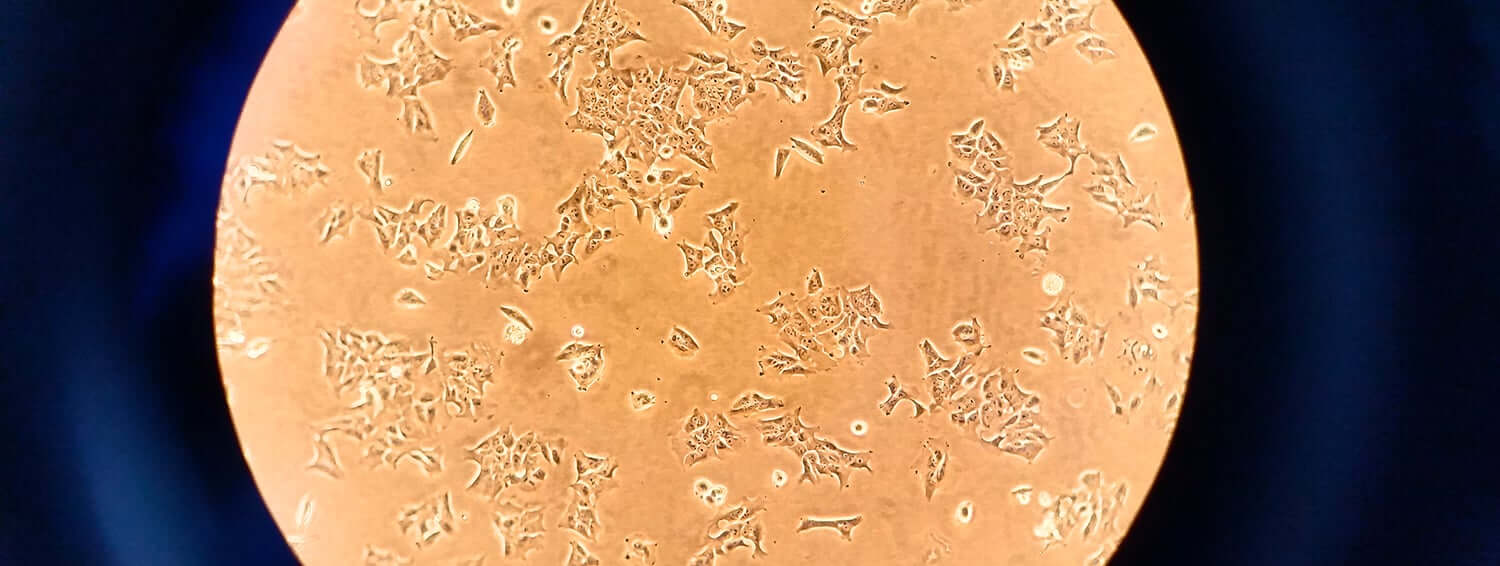This post delves into some frequently asked questions about OmniScreen™ and its unique capabilities in providing compliant, large-scale cell line screening solutions that are not only cutting-edge but also aligned with industry standards and regulations. Whether you're a researcher, a biotech professional, or someone keen on understanding the nuances of cell line screening, this discussion will provide valuable insights into how Crown Bioscience can support your scientific endeavors.
1. What sets Crown Bioscience apart in its cell line screening services?
Crown Bioscience excels in providing nearly 900 commercially licensed cell lines, ensuring intellectual property (IP) compliance and top-tier quality for robust oncology research across over 30 cancer indications.
2. How do licensed cell lines enhance Crown Bioscience's cell panel screenings?
Licensed cell lines offer reliable and well-characterized options for cell panel screenings to ensure that Crown and our clients are not violating the IP of any of the providers of those lines. This assures consistent, high-quality, and legally compliant resources for translational research, pivotal in bridging in vitro findings with in vivo applications.
3. In what ways does cell line licensing affect the quality of research?
Licensing provides Crown with the freedom to operate our service business without risk of IP infringement , thus bolstering the credibility of research results. Using licensed cell lines mitigates the risk of illegally obtained results, which is crucial for translational and clinical research success.
4. What is the significance of Crown Bioscience’s ability to provide simple solutions for non-licensable cell lines?
Offering simple solutions for non-licensable cell lines ensures that researchers have access to necessary genetic materials, even when traditional licensing isn't possible. This inclusivity supports a wider range of research possibilities and promotes the progression of scientific inquiry without legal constraints.
5. Can licensed cell lines impact the cost-effectiveness of research?
While licensing fees may initially increase costs, the long-term benefits include reduced rework due to reliable quality, aiding in more efficient drug development processes and potentially lowering overall R&D expenditures.
6. What advantage does Crown Bioscience's licensed cell line screening offer in terms of real-world clinical relevance?
Through Crown Bioscience's OmniScreen service, licensed cell lines—matched with in vivo models—ensure that screening results are legally compliant and clinically relevant, enabling more informed predictions and accelerated transition from bench to bedside.
7. Why is licensing important for research funding and publication?
Using licensed cell lines demonstrates a commitment to quality and legal compliance, significantly enhancing the integrity and publishability of research, while also strengthening grant and funding proposals.
8. What advantages do made-to-order cell panel screening services provide?
Made-to-order cell panel screening services like OmniScreen allow for high customization to meet the unique demands of each research project. Tailoring the cell panels to the specific requirements of the study can lead to more accurate and relevant results, driving efficient drug discovery and development processes.
Discover how OmniScreen can transform your research and lead you to groundbreaking discoveries. Let’s innovate together. Contact us to learn more or to schedule a consultation.







